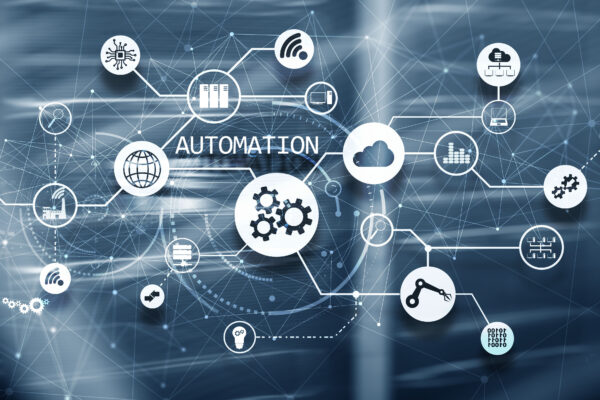Why Disaster Recovery Infrastructure Resilience in Harsh Environments Is Important
Even with a well-guarded IT infrastructure, business disruptions are inevitable regardless of the size or industry of a company. This is especially true for organizations operating in harsh or highly uncertain environments, such as oil rigs, mines and factory floors. From cyberthreats to natural disasters and hardware failure, many factors could halt industrial and manufacturing production. One such factor is excessive vibration, which could cause data errors in hard disk drives (HDDs) and hamper operational continuity.
Challenges MSPs face serving clients operating in complex and risky environments
Managed service providers (MSPs) often struggle to deliver robust disaster recovery (DR) solutions to clients in the industrial and manufacturing sectors. This is due to the risk of low DR success rate and extended downtime because of the damage caused by excessive vibration to DR infrastructures relying on spinning HDDs.
In addition, MSPs face thinning margins implementing business continuity and disaster recovery (BCDR) solutions for clients with stringent recovery time objectives (RTOs). MSPs need premium hardware to deliver superior BCDR services and meet shorter RTO goals, which require high capital expenditure (CapEx).
Why HDDs aren’t ideal for disaster recovery in harsh environments
HDDs have many moving parts that operate with incredibly high precision. The mechanical components, read/write heads and platters or magnetic disks are delicate and sensitive, making them vulnerable to physical damage. The platter and heads rotate at high speeds of 10,000 to 15,000 rotations per minute (RPM) to store and retrieve information. Because of the delicate nature of its components and the rates at which it works, a sudden jerk or strong vibration could easily damage a hard disk drive and cause read-write errors. Data recovery from a damaged hard disk drive platter can be tedious and time-consuming.
HDDs vs. SSDs
HDDs are inexpensive compared to solid-state drives (SSDs) and provide more storage space. However, rotating HDDs have many mechanical parts that are prone to wear and tear after a few years of regular use, increasing the risk of hardware failure. SSDs, on the other hand, utilize flash memory to store information, have no moving mechanical components and can withstand bumps and vibrations. SSDs are highly durable and reliable storage mediums, even in harsh environments like manufacturing plants and factories. They are much lighter, faster, quieter and consume less energy than HDDs.
Minimize risks and expand margins with Datto SIRIS NVMe SSD Models
A crucial part of running a successful MSP business is having the right set of tools in your tech stack.
The new Datto SIRIS models, built using NVMe SSD, minimize risks by decreasing DR hardware failure rates caused by vibrations in harsh environments, like oil rigs, mines and factory floors. Our solutions allow you to increase your BCDR service profitability even for demanding clients and workloads since Datto SSD models come at one simple flat fee — no upfront CapEx costs or hidden or extra charges.
Datto’s flat-fee subscription model eliminates surprises by including DR/backup cloud, hardware, software, storage and technical support, even for the premium high-cost hardware based on NVMe SSD technologies.
Most Datto BCDR implementations deliver immediate return on investment (ROI) with larger margins and zero CapEx investment required.
Talk to us today to supercharge your MSP business.




